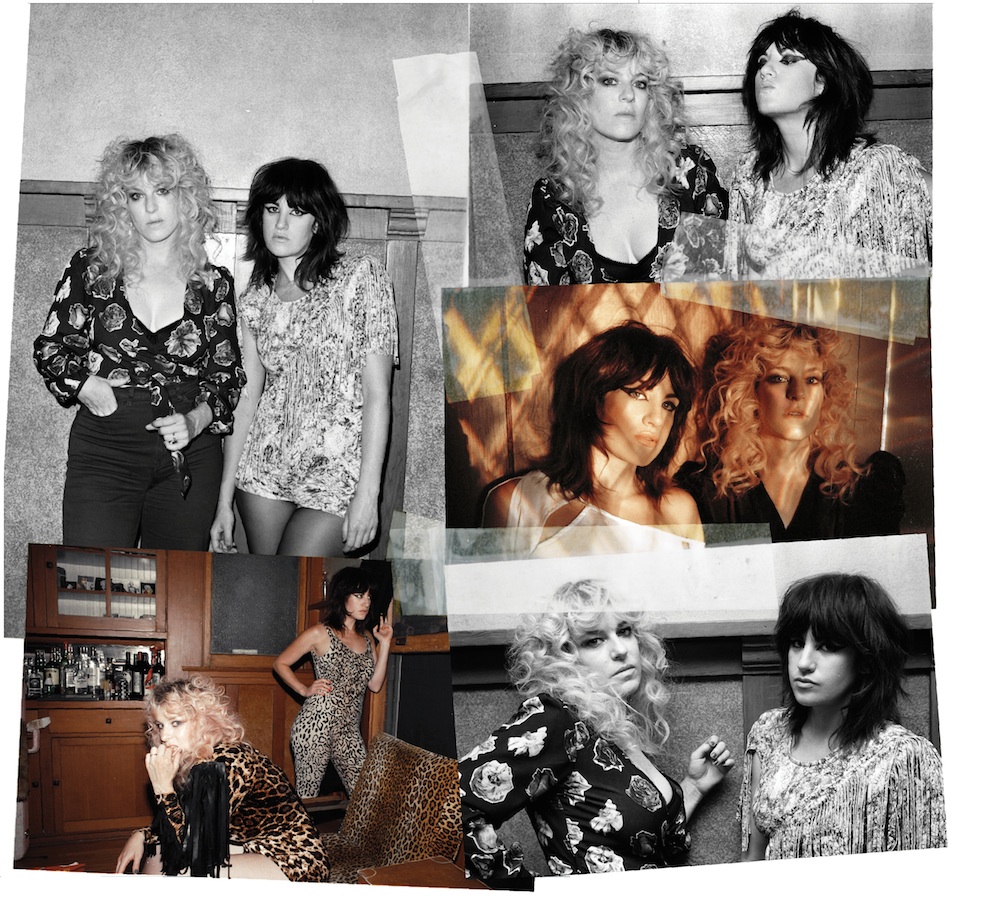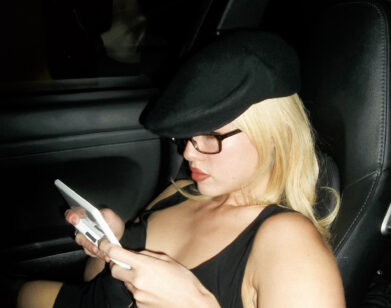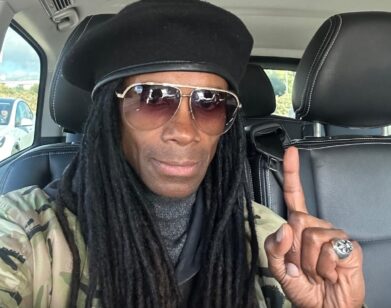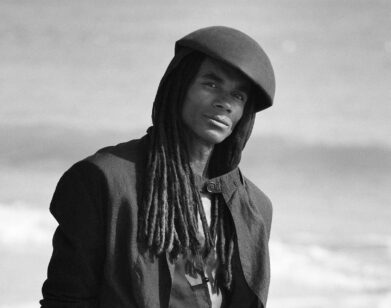Deap Vally

JULIE EDWARDS AND LINDSEY TROY IN LOS ANGELES, JULY 2016. HAIR: RAMSELL MARTINEZ FOR BUMBLE AND BUMBLE/STREETERS. MAKEUP: KAROLIINA KANGAS FOR DIOR ADDICT/OPUS BEAUTY.
Deap Vally make loud, slightly out-of-control bluesy rock that sounds like a party, but the ruckus is created by only two people: drummer Julie Edwards and singer-guitarist Lindsey Troy. The secret to the duo’s appeal is the way their music overflows with a joy that can’t be faked. It’s saturated with the electricity two people feel when they really connect.
That connection began in 2009, when Troy walked into Edwards’s knitting shop in L.A.’s Atwater Village. Troy had been performing as a solo artist at the time, doing what she calls “folky, morose singer-songwriter stuff,” and Edwards suggested doing an “epic rock version” of one of her songs. “We had this long, existential talk that first night we met,” says Troy. “We were super fascinated with each other. I kept going into the shop and trapping her, and one day she asked if I wanted to start a band, and I was like, ‘Fuck yeah.’ ”
“Whatever happens between us is very hard to understand,” says Edwards. “It’s alchemical. Lindsey is sweet and easygoing and late and spaced out. I’m really intense and aggro and don’t have friendships and just want to get things done.”
Deap Vally’s first album, Sistrionix, was released to rave reviews by Island UK in 2013, but for their follow-up, they wanted full creative control, so they decided to fund the project themselves. Produced by Nick Zinner, guitarist for the Yeah Yeah Yeahs, the new album, Femejism (Nevado), has a sparse, sexy, hard-hitting power. The first single, “Royal Jelly,” starts out like Howlin’ Wolf on a sizzurp bender, with a trashy blues-rock riff and a drumbeat that charms and stuns. “Femejism is our femme jism,” says Troy. “It’s our creative explosion. It’s like surfing on the rainbow, but there’s darkness too.”
Many of the songs were inspired by macabre news stories, but their lyrics are more like fragments of a private language than a clear narrative, adding mystery to Deap Vally’s thunderous squall of stomps, howls, and emotional abandon. Driven by a restless spontaneity, the album is anything but didactic, but there is a sense of being on a mission—a kind of inebriated idealism that refuses to grow up or burn out. “I feel like rock music needs advocates,” says Edwards. “It’s always getting watered down or marginalized maybe because everybody’s dad likes it, so that makes people feel awkward. But I’m a big advocate for not only keeping it alive, but evolving and keeping it relevant.”






